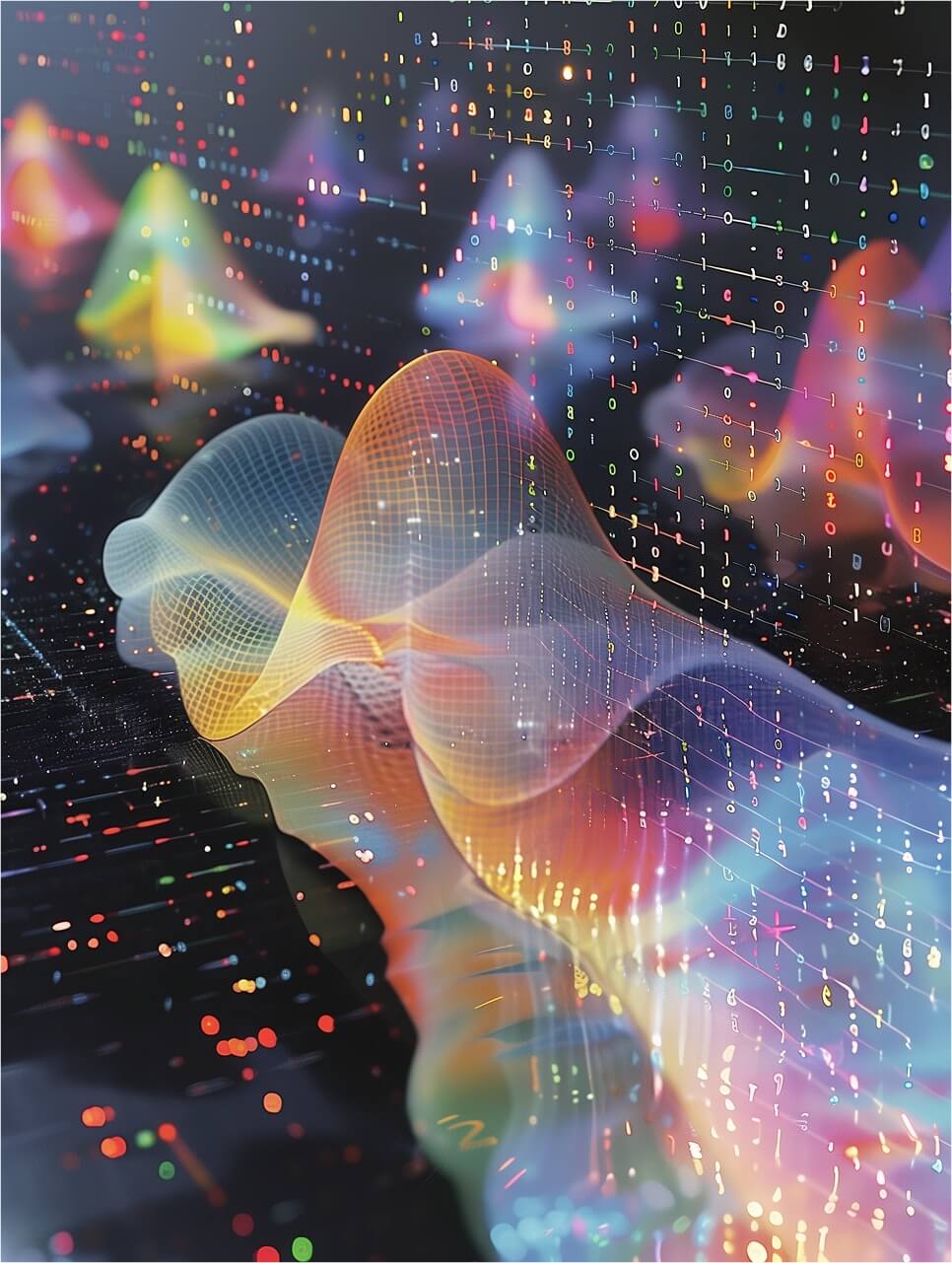
Infrastructuralization of AI
The infrastructuralization of AI marks a shift from viewing AI as isolated systems to its integration as an essential, pervasive component of societal frameworks. These "intelligent infrastructures" are characterized by their pervasiveness, invisibility, autonomy, adaptability, and non-linear behavior, enabling systems to learn, evolve, and operate with minimal human intervention. Examples include applications in smart cities, cyber-physical systems, and cloud-based AI services. Drivers include widespread adoption of affordable AI technologies, the commoditization of AI services, shifting business models that treat AI as an operational utility, and increasing demand for supporting infrastructure. These developments democratize AI capabilities, fostering innovation and transforming AI into a shared, systemic resource akin to traditional utilities like electricity and water, with profound implications for societal governance.
